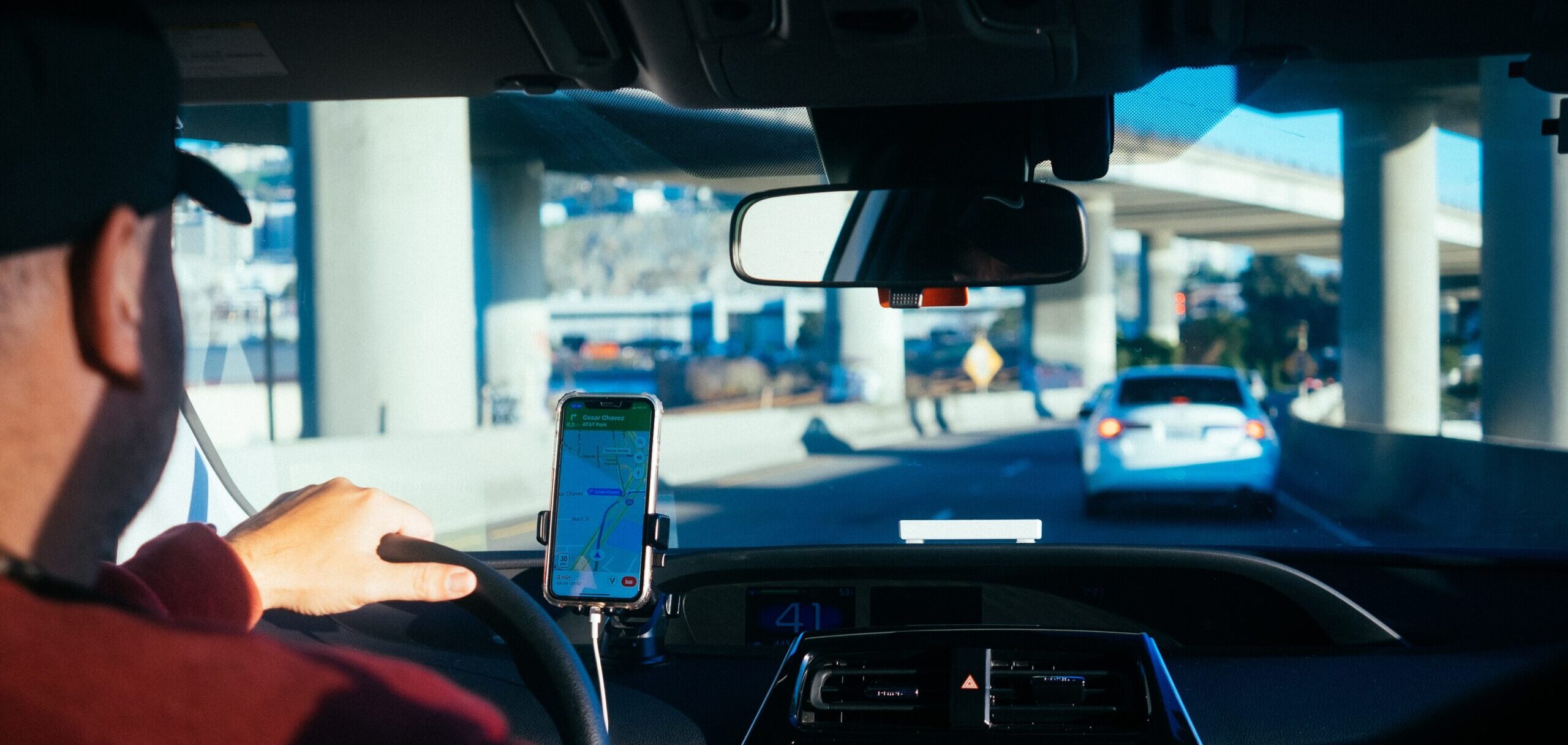Many people in Portugal haven’t heard of Uber yet, but that’s going to change quickly. Uber is an application that allows anyone with a smartphone to call a car with a driver, as if it were a cab. In a few minutes a good quality car arrives at the defined location with a polite driver to take you to your destination. Music? You can choose since if you have the Spotify app connected on your phone, the music is yours. Price? The basic version of Uber, the Uber X, is cheaper than a cab. At the end, the amount is charged directly to your credit card, which puts an end to the traditional “I don’t have change for €5 bills”. At the end you receive a receipt on your phone and a request to rate the service between 1 and 5 stars.
Of course, a service like this has been met with immense complaints from cab owners, who accuse Uber of being unsafe, illegal, unprofessional and stealing jobs. In several countries there have already been violent attacks by taxi drivers on Uber drivers. However, those who have tried it know that the service is much better than cabs.
The first impression is the most important. This is especially relevant for tourists visiting our country and on whom the economy depends. On my Christmas trip to Portugal, after a 12-hour flight I headed for the cab queue. I get into an old car with an unfriendly young driver, who in a nasty tone almost threatens me, “Here it is hours to go this close” when I tell him my destination. The car with an unbearable smell of tobacco clearly coming from the almost empty pack of SG Ventil on top of the dashboard. AC/DC playing on the radio, wonderful after another 12 hours in an airplane and open window always good to catch the winter cold. When I asked him to turn off the radio and close the window, he lowered the volume somewhat and closed the window a bit. With little desire to get bored on arrival, I went home cold and AC/DC inside my head. Arriving at my destination, I was again asked in an unpleasant manner, “I don’t have change for 20 euros” to pay 12 euros. This experience negatively impacts tourism and the image of the city, gives it a bad reputation and in the long run damages jobs not only of taxi drivers but also of all the other people who depend on tourism for their business.

The issue is not taxi drivers losing their jobs. While I agree that job losses are a serious problem, I am all for giving the available jobs to those who deserve them. And those who deserve it are those who give better service to customers. There has to be an end to this impunity where the customer has no efficient ways to complain and with real consequences. In the case of Uber a driver with less than 4 stars average rating enters a probation period. If they cannot improve they’re fired from Uber.
I agree that Uber takes advantage of legal loopholes and it is not fair that cabs have to pay for permits and licenses and Uber drivers do not. But the truth is that Uber has managed to do what most cities have not ─provide a convenient and quality individual transportation service (there are exceptions and extremely correct taxi drivers but let’s be honest that the general image is not good).
An advanced society is not one where the less well-off classes ride in cars, but one where the better-off classes ride public transport. I have friends who have sold their cars to use Uber. At a time in history when traffic in most cities is reaching unbearable levels, and the planet can’t take much more pollution, shared transportation is increasingly a viable solution that should be implemented. And wait until self-driving cars arrive (Google already has several working and several brands are also developing them). Then we will be facing a revolution that will further change the current situation.
Uber is here to stay for simple reasons it works, it solves a problem and customers love it. It’s cabs that need to change and it’s about time that happened.

